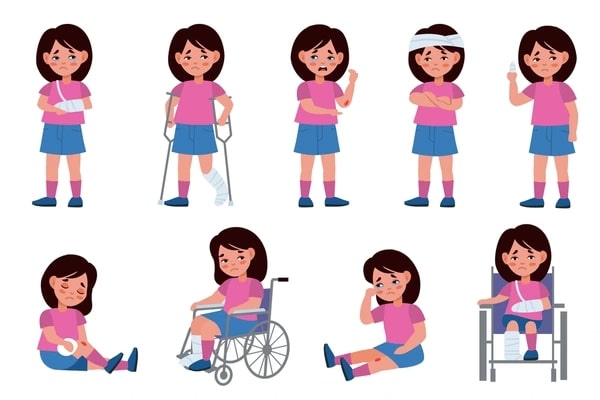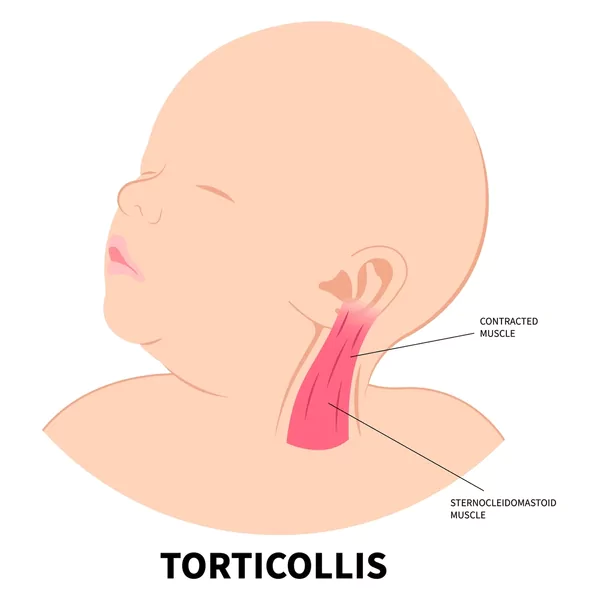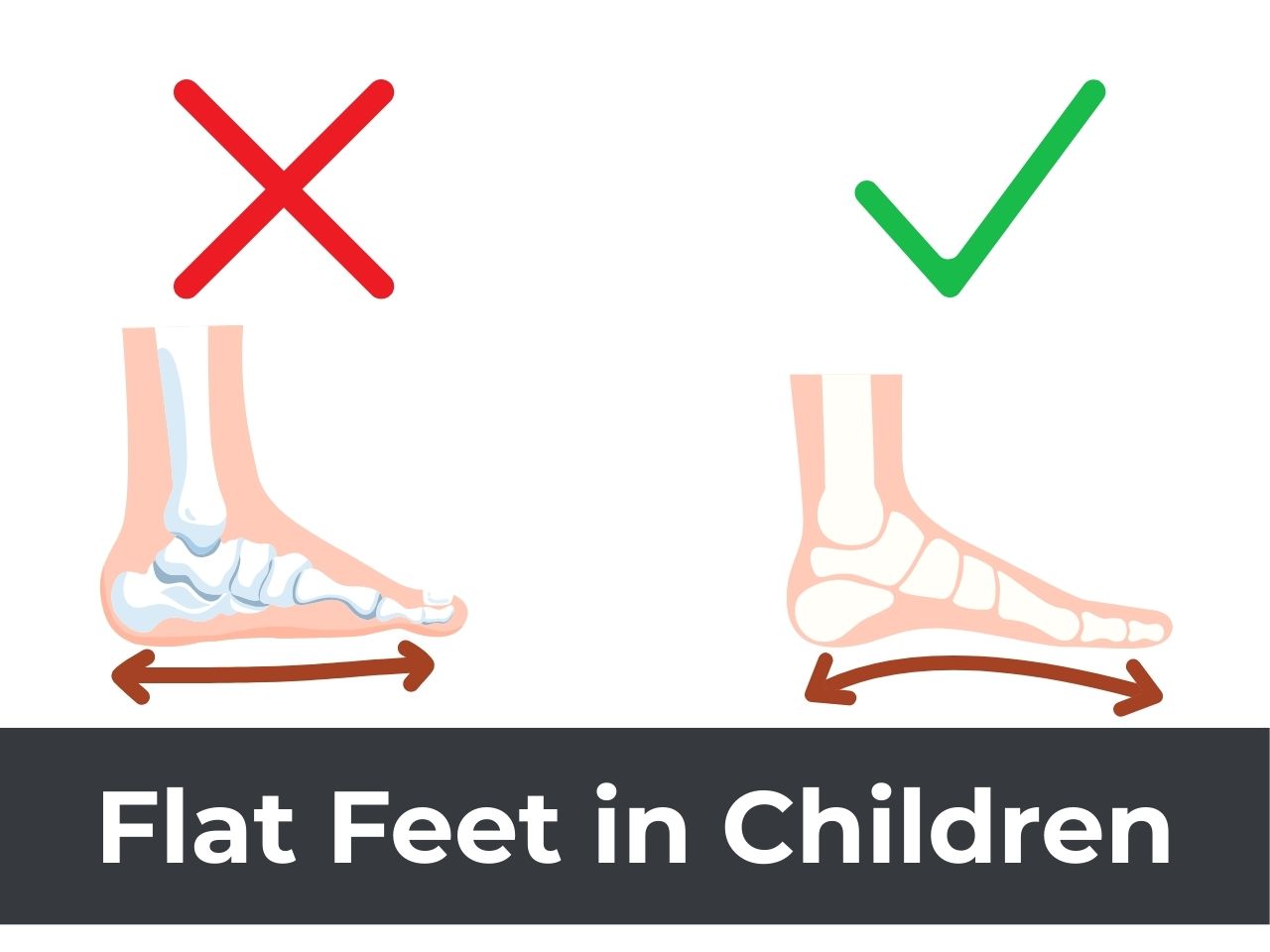What is the recovery time for a pelvic stress fracture?
A pelvic stress fracture is a common injury among athletes, particularly runners, dancers, and gymnasts. This injury occurs when there is repetitive stress on the pelvic bone, causing tiny cracks to form. If you have been diagnosed with a pelvic stress fracture, you may be wondering about the recovery time for this injury.
The recovery time for a pelvic stress fracture can vary depending on several factors, including the severity of the injury, your age, and your overall health.
In this article, we will discuss the recovery time for a pelvic stress fracture, including the different stages of recovery and tips for a faster recovery.
Understanding the Stages of Recovery for a Pelvic Stress Fracture
The recovery time for a pelvic stress fracture typically follows a pattern of four stages: acute, sub-acute, rehabilitation, and return to activity.
Acute Stage: The acute stage begins immediately after the injury and lasts for the first few days. During this stage, you will likely experience pain and swelling in the affected area. The primary goal of this stage is to reduce pain and inflammation through rest, ice, compression, and elevation (RICE) therapy.
Sub-acute Stage: The sub-acute stage typically lasts from two weeks to six weeks after the injury. During this stage, you may experience less pain and swelling, but you may still have difficulty walking or performing daily activities. The focus of this stage is to gradually increase your mobility and flexibility through gentle exercises and physical therapy.
Rehabilitation Stage: The rehabilitation stage typically begins around six weeks after the injury and can last up to three months. During this stage, you will work with a physical therapist to rebuild your strength, endurance, and flexibility through targeted exercises and stretches.
Return to Activity Stage: The final stage of recovery is the return to activity stage, which can begin anywhere from three to six months after the injury. During this stage, you will gradually increase your activity level and return to your normal routine, including sports and exercise.
Factors That Affect Recovery Time for a Pelvic Stress Fracture
The recovery time for a pelvic stress fracture can vary depending on several factors, including:
Severity of the injury: The severity of the injury will play a significant role in determining the recovery time. A minor pelvic stress fracture may take only a few weeks to heal, while a more severe fracture may take several months to fully recover.
Age: Younger individuals may have a faster recovery time than older individuals due to their higher bone density and faster healing abilities.
Overall health: Individuals with underlying health conditions or weakened immune systems may have a slower recovery time due to their reduced ability to heal.
Tips for a Faster Recovery from a Pelvic Stress Fractures
While the recovery time for a pelvic stress fracture can vary, there are several tips that can help speed up the recovery process:
Rest: The most important thing you can do to aid in the healing process is to rest. Avoid activities that cause pain or discomfort and allow your body to heal.
Ice and Heat Therapy: Ice and heat therapy can help reduce pain and inflammation during the acute and sub-acute stages of recovery. Apply ice for 15-20 minutes at a time, several times a day during the first few days after the injury. After a few days, switch to heat therapy to help increase blood flow and promote healing.
Physical Therapy: Working with a physical therapist can help speed up the recovery process by rebuilding strength, flexibility, and endurance. A physical therapist can also provide guidance on when it is safe to return to your normal activities.
Proper Nutrition: Eating a balanced diet with adequate amounts of protein, calcium, and vitamin D can help support bone health and aid in the healing process.
Gradual Return to Activity: It is essential to gradually return to your normal activities to avoid re-injury.
Orthopaedics Hospital in Thane
Pinnacle Orthocentre is one of the leading, trusted, and well-known orthopaedics hospitals in Thane. The highly qualified team of expert doctors provide world-class treatment using advanced technology and the latest procedures.
The efficient team of nurses and compassionate staff makes Pinnacle Orthocentre one of the best Pelvic Stress Fracture treatment hospitals in Thane.
For more details, contact us at any time. Book an appointment today!






0 Comments